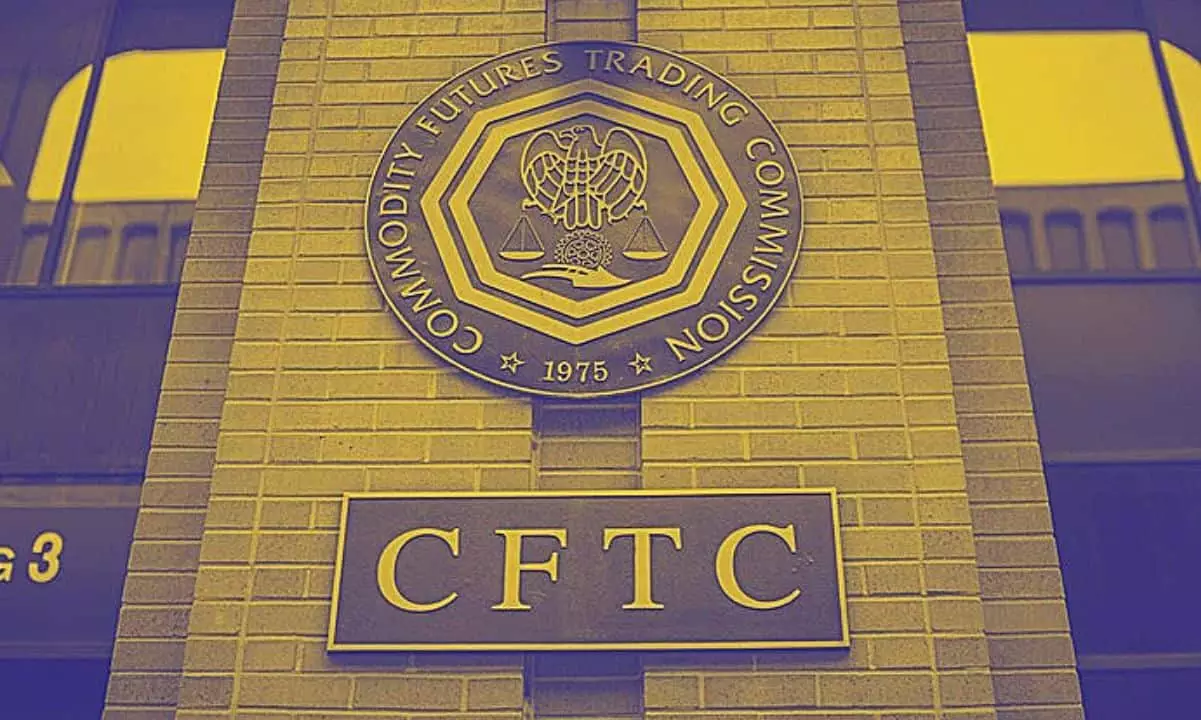The Commodity Futures Trading Commission (CFTC) has recently undergone significant leadership changes that signal a new direction in its regulatory approach, particularly towards digital assets. Caroline Pham, stepping in as Acting Chair, has made waves by appointing Harry Jung as Acting Chief of Staff. Jung’s previous role as Pham’s Counselor and Senior Policy Advisor positions him well to lead the agency’s engagement with cryptocurrencies and digital assets. His background, enriched with experience from Citigroup and regulatory committees, equips him with a blend of commercial and policy knowledge that is crucial as the CFTC navigates the complex landscape of digital finance.
Since her interim appointment by former President Donald Trump, Pham has already been proactive in addressing the rapidly evolving sector of digital currencies. Her advocacy for the establishment of a Digital Asset Markets subcommittee demonstrates a dedication to crafting a structured regulatory environment for these emerging technologies. Furthermore, her proposal for a regulatory sandbox highlights the need for innovative frameworks that facilitate safe experimentation with digital assets. Pham’s focus on piloting projects indicates a commitment to adaptive regulatory practices that could encourage responsible growth in the digital economy.
With the expected departure of Rostin Behnam in February 2024, the CFTC faces a critical transitional phase. Behnam was a prominent advocate for the regulation of Bitcoin and other cryptocurrencies, pressing for enhanced oversight amid the sector’s explosive growth. His tenure saw decisive enforcement actions, including a $2.7 billion settlement with the crypto exchange Binance and a subpoena of Coinbase for customer information related to alleged violations. As the CFTC moves forward without Behnam’s leadership, it will be pivotal for Pham and Jung to sustain this momentum while adapting to the changing political and economic climate surrounding digital assets.
The Regulatory Landscape Shifts: SEC and Beyond
The shakeup at the CFTC coincides with notable changes at the U.S. Securities and Exchange Commission (SEC) as well, where Mark Uyeda has taken the helm as Acting Chair, replacing Gary Gensler. Uyeda’s criticism of Gensler’s stringent crypto policies suggests a possible pivot towards a more lenient regulatory framework, which may align with Jung’s and Pham’s approaches at the CFTC. The focus on nurturing non-fraudulent crypto firms could create a more favorable regulatory environment, encouraging innovation while safeguarding investors.
Additionally, the Federal Deposit Insurance Corporation (FDIC) has also seen a leadership change, signaling a broader reconfiguration of regulatory bodies. Travis Hill is now the temporary chair, following Marty Gruenberg’s resignation, highlighting the ongoing transformations across financial regulatory agencies.
As the CFTC and its leadership gears up for an increasingly complex digital asset landscape, the strategic appointments and initiatives led by Pham and Jung could redefine the agency’s role in regulating emerging technologies. The emphasis on collaborative frameworks, regulatory sandboxes, and proactive measures marks a transition towards a more forward-thinking approach. In light of these developments, industry stakeholders must remain vigilant and engaged to ensure that the evolving regulatory environment supports innovation while protecting market integrity.
















Leave a Reply